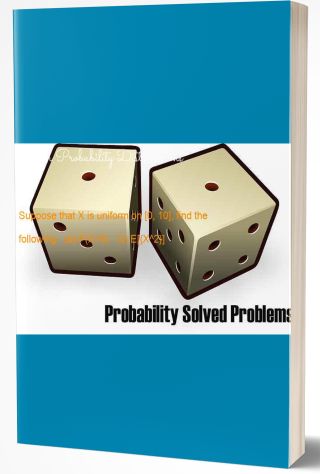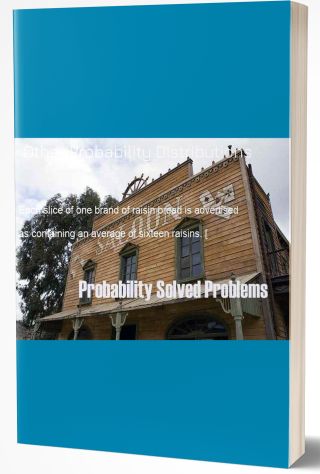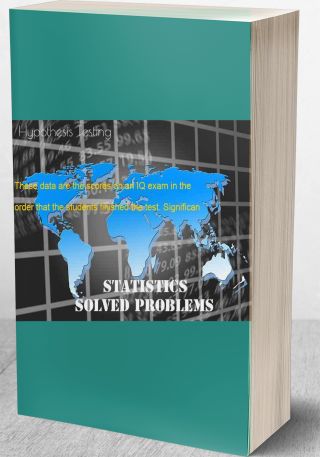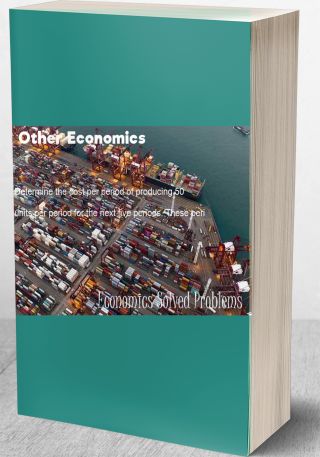It is common practice amongst a group of friends to decide issues based upon the flip of a coin. In
Question: It is common practice amongst a group of friends to decide issues based upon the flip of a coin. In an effort to choose a "lucky" coin for him, Timothy selects five coins and tosses each 50 times. The results are summarized in the following table:
COIN TAILS HEADS
1 22 28
2 21 29
3 16 34
4 26 24
5 21 29
a) Based on these data Timothy chooses coin 3 as his lucky coin. Based on the data, what is the empirical probability that coin 3 lands heads up in one flip of the coin?
b) In order to determine just how lucky his new coin is, Timothy flips it 100 times and records the results below. Compute the empirical probability that this coin will land heads up.
TAILS HEADS
FREQUENCY 43 57
c) Unhappy with the results of flipping the coin 100 times, Timothy flips it 900 more times for a total of 1000 flips. He obtains the results:
TAILS HEADS
FREQUENCY 491 509
d) It seems that the harder Timothy tries to prove his coin lucky, the less lucky is the coin. He concludes that lucky coins should be used sparingly because their luck runs out as you flip them. Give another explanation for why the coin appeared to get less lucky.
Type of Deliverable: Word Document



![[Solved] The average price of a personal computer (PC) is $949. If the computer prices are approximately norm #19311 Other Probability](/images/downloads-images/featured/Statistics-question-29076.jpg)



